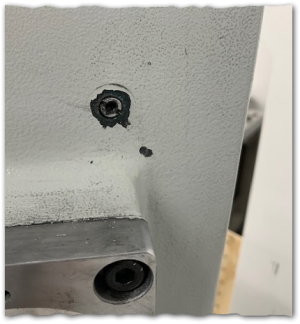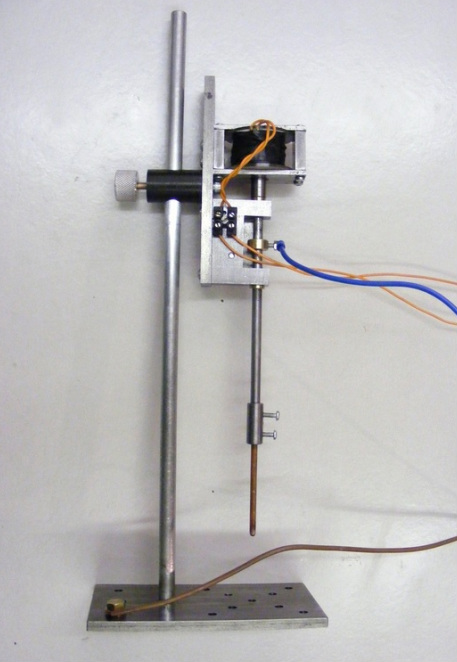- Joined
- Mar 10, 2013
- Messages
- 1,428
one thing I have learned in my past experience on critical tapping small holes, is to drill the hole with the largest size drill you can so tapping is easier and chances of breaking a tap is minimized. you DON'T always need to have deep threads on all tapping, and if you do twist and break a tap the broken peice is easier to remove. thinking ahead counts for less chances of problems.
Dave
Dave



